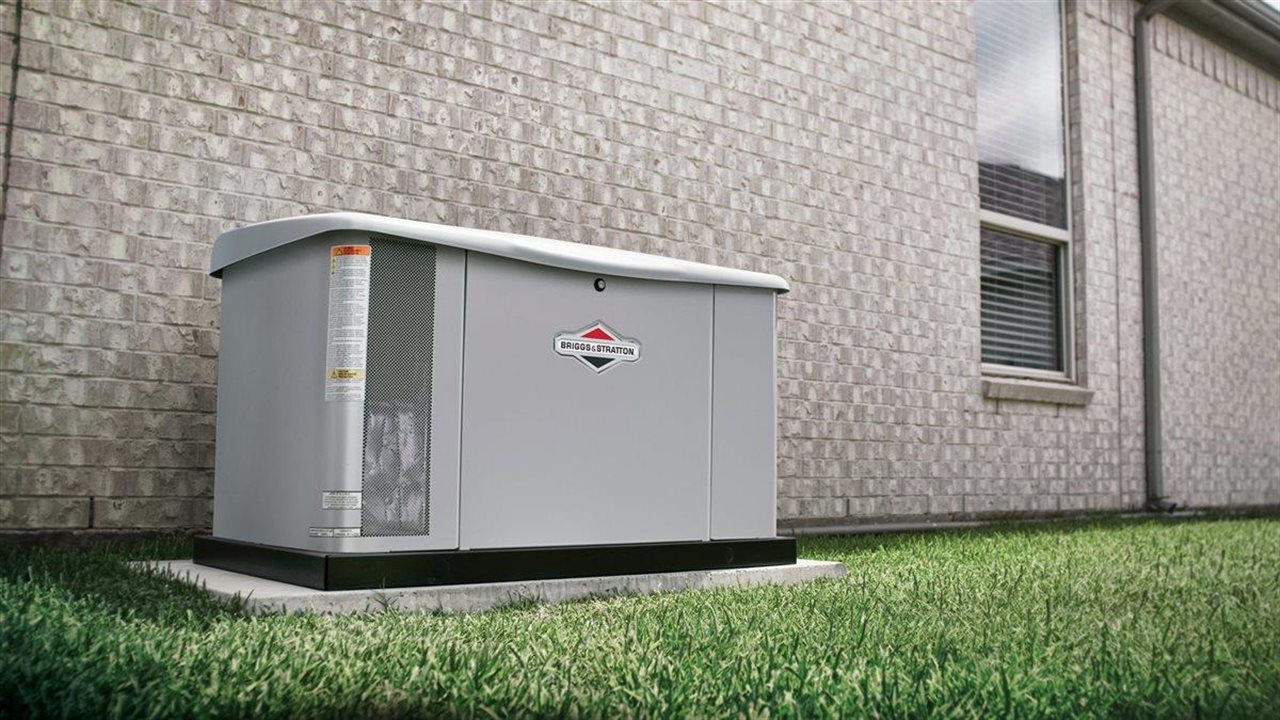
(BPT) – Like most Americans, you’ve probably been living, learning and working from home more than ever, which means you need power all day long — for your HVAC system to your internet connection and, of course, your lights. On top of that, severe weather events, including everything from hurricanes to heat waves and more, are predicted to become even more frequent in coming years due to climate change. These nationwide, year-long events are stressing America’s aging power grids, increasingly leading to blackouts and outages.
If you’re concerned about blackouts due to severe weather and power grid failures, you’re not alone — more people today are considering ways to keep their homes powered, no matter what happens. In fact, Briggs & Stratton saw a 200% increase in their year-over-year home power generator sales in 2020 — and demand is not letting up.
“When once-in-100-year storms are happening every three or four years, region to region, it’s going to have a major impact — and that carries over to the demand for home standby in every region,” said Joe Rubens, vice president of standby power sales, Briggs & Stratton. “These events are impacting people’s lives.”
Thinking about getting a generator to help protect your home’s power in case of an outage or severe weather? Here’s what you need to know about whole home generators.
How home generators work
If you get a standby generator for your home, the unit is permanently installed and connected to your natural gas line or liquid propane fuel source, along with an automatic transfer switch. When the system senses that your utility power is offline, the automatic transfer switch seamlessly shifts your selected electrical circuits and appliances to standby generator power. You don’t have to go outside or do anything with the generator. It’s set up to work automatically, within seconds, night or day — whether you’re home, or awake, or not.
Are standby generators different from portable generators?
While portable generators are a great choice for camping, tailgating or to support a few devices or appliances like outdoor power tools, they are not designed to power an entire home’s needs during an outage.
Simply put, portable generators lack the power capability of standby home generators, and they do not turn on automatically. Portable generators are not permanently installed, and they always have to be manually started and set up. They typically run on gasoline and must be refueled every few hours to keep operating. Power outlets on each unit allow you to plug in extension cords, electric-powered tools and appliances. You can choose from a range of wattage options for a portable generator, depending on how many power tools or devices you want to use with it.
In short, portable generators offer several benefits for uses beyond the home, but they’re not an ideal solution during power outages: Their portable nature, smaller size and refueling needs lack the power and convenience possible with home generators, which work automatically and seamlessly to offer peace of mind.
How to find the right generator for your home
First, think about which household devices your family needs during a power outage to stay comfortable and safe. The number of appliances or electrical loads it takes to power what you need will determine the size and cost of your standby generator. Don’t forget to consider all refrigerators, freezers, home security and HVAC systems.
Then, consider talking to a local dealer who will understand the challenges of your region and can help you fully assess your home’s specific needs.
“We’ve lived in the Galveston and Houston area all our lives. You either have a hurricane come through or you have something happen where your power is interrupted,” said Lee Townsend, who bought a Briggs & Stratton home generator last year. “Whether we have a power failure because of the heat and the grids were overloaded or whether it’s freezing outside — no matter what conditions we face, the generator definitely gives us the assurance that everything is going to be fine, no matter what the conditions are around us.”
To get started, visit BriggsAndStratton.com for an easy review of your home’s power needs.
